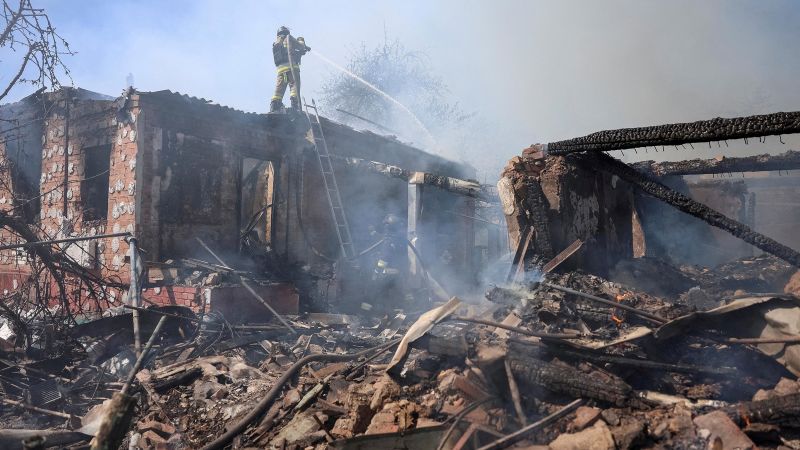Amidst high-stakes diplomatic talks to end the Ukraine war, the Trump administration’s proposed framework has sparked alarm among US allies. The framework, which includes significant concessions from Kyiv such as recognizing Crimea as Russian territory and ceding land to Russia, has raised concerns among diplomats about rewarding illegal conquests and weakening international law principles.
While Trump emphasized the need to halt the war, critics fear the message it sends to global leaders like Putin and Xi Jinping. The potential US recognition of Crimea as Russian territory diverges from longstanding US policy, isolating the US from European allies who reject such a move.
Negotiations have seen progress, with European officials noting the Ukrainians’ willingness to discuss territorial matters. However, uncertainties linger about the US strategy for implementing a deal, with some questioning the rush to end the conflict without a clear ceasefire plan.
As all eyes turn to the upcoming meeting between special envoy Steve Witkoff and Putin, concerns persist about potential concessions and the trustworthiness of the Russian president. The road to a lasting peace agreement remains complex, with conflicting interests and the need for strategic clarity in the diplomatic efforts.

